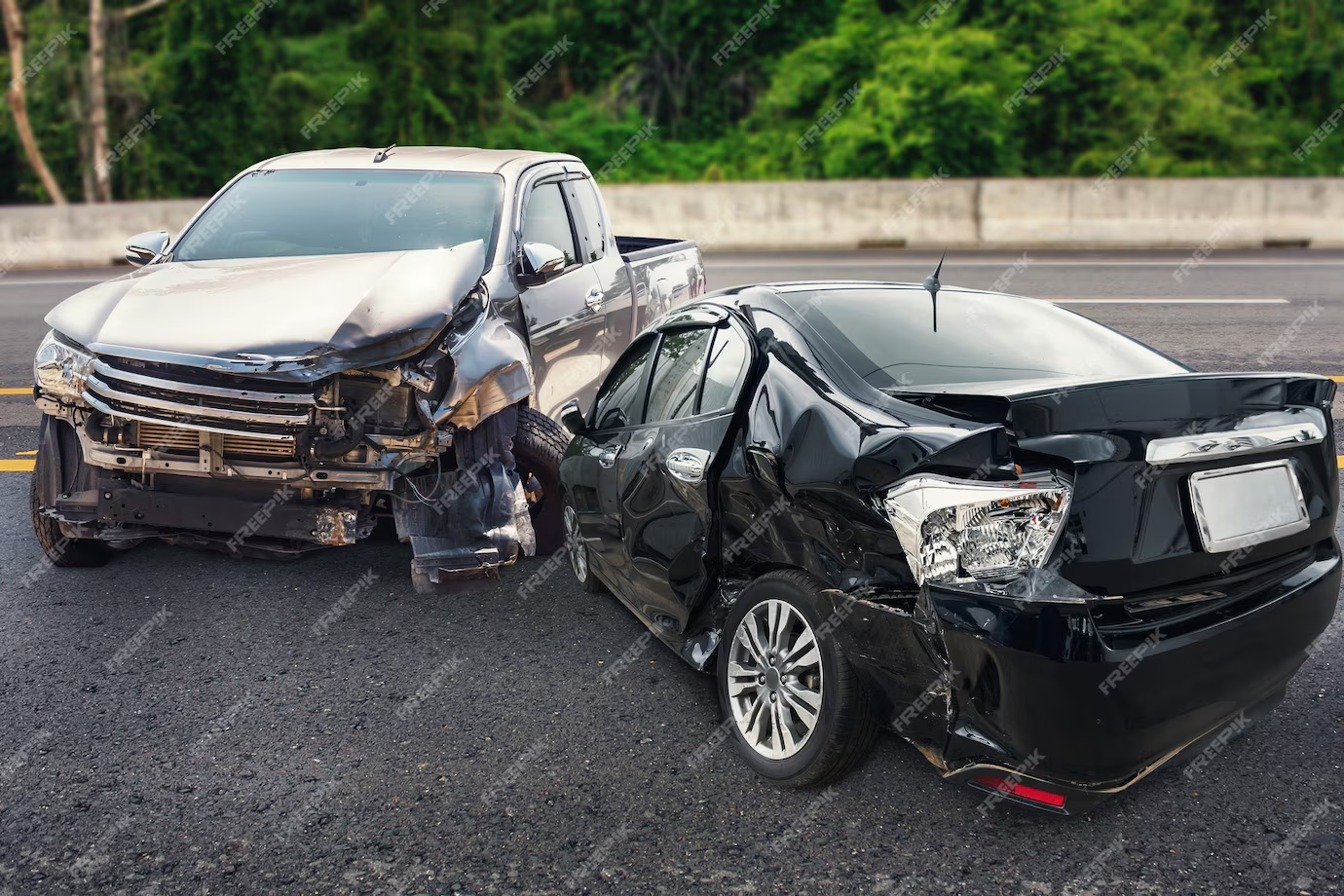Getting into a car accident can be a stressful and overwhelming experience. Knowing what to do after a car accident is crucial to protect your health, legal rights, and financial interests. This step-by-step legal checklist will guide you through the essential actions to take immediately after a collision and in the days that follow.
1. Stay Calm and Check for Injuries
The first thing to do after a car accident is to stay calm. Panicking can lead to poor decisions, so take a deep breath and assess the situation. Check yourself and others for injuries. If anyone is hurt, call 911 immediately. Even minor injuries should be documented, as symptoms may appear later.
2. Move to a Safe Location (If Possible)
If the accident is minor and vehicles are drivable, move them to the side of the road to avoid blocking traffic. Turn on hazard lights and set up flares or warning triangles if available. Staying in a dangerous location can lead to further accidents.
3. Call the Police and File a Report
Regardless of the accident’s severity, calling the police is a critical step in what to do after a car accident. A police report provides an official record of the incident, which is essential for insurance claims and legal proceedings. Be honest with the officer but avoid admitting fault.
4. Exchange Information with the Other Driver
Collect the following details from the other driver:
-
Full name and contact information
-
Driver’s license number
-
Insurance company and policy number
-
Vehicle make, model, and license plate number
Also, gather contact details from any witnesses.
5. Document the Accident Scene
Evidence is crucial when determining fault and filing insurance claims. Take photos and videos of:
-
Vehicle damage from multiple angles
-
The accident scene, including traffic signs and road conditions
-
Injuries sustained
-
Weather and lighting conditions
6. Seek Medical Attention
Even if you feel fine, some injuries (like whiplash or concussions) may not show symptoms immediately. Seeing a doctor ensures your health is protected and creates a medical record linked to the accident, which strengthens your legal case.
7. Notify Your Insurance Company
One of the most important steps in what to do after a car accident is reporting it to your insurance provider. Provide factual details without speculating on fault. Delaying this step could result in a denied claim.
8. Keep Detailed Records
Maintain a file with:
-
Police reports
-
Medical bills and records
-
Repair estimates
-
Correspondence with insurance companies
-
Receipts for accident-related expenses
9. Consult a Car Accident Attorney
If the accident resulted in significant damage, injuries, or disputes over fault, consulting a car accident attorney is wise. A lawyer can help negotiate with insurance companies and ensure you receive fair compensation.
10. Be Cautious with Insurance Settlements
Insurance companies may offer quick settlements to minimize payouts. Before accepting any offer, consult an attorney to ensure it covers all damages, including future medical expenses.
11. Understand Your State’s Laws
Laws regarding fault, insurance claims, and statutes of limitations vary by state. Knowing your rights helps in navigating what to do after a car accident effectively.
12. Follow Up on Your Claim
Stay in touch with your insurance adjuster and attorney (if applicable) to track the progress of your claim. Delays can happen, so persistence is key.
13. Consider Legal Action if Necessary
If negotiations fail or liability is disputed, filing a lawsuit may be necessary. An experienced car accident attorney can guide you through the process.
14. Take Steps to Prevent Future Accidents
Learn defensive driving techniques, maintain your vehicle, and avoid distractions to reduce the risk of future accidents.
Final Thoughts on What to Do After a Car Accident
Knowing what to do after a car accident can make a significant difference in protecting your rights and securing fair compensation. By following this legal checklist, you’ll be better prepared to handle the aftermath of a collision.
If you’ve been in an accident, don’t hesitate to seek legal advice to ensure your best interests are protected. Stay safe and drive responsibly!

Leave a Comment